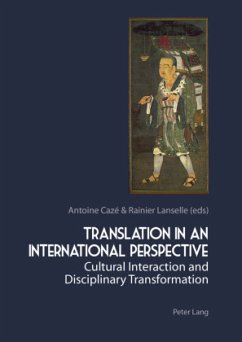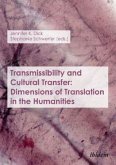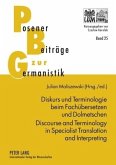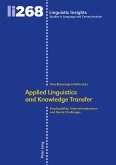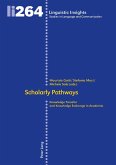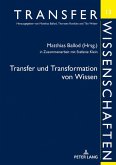Translation scholars have for a long time been arguing in favor of a shift in paradigms to redefine the relationship between translation and the spreading of knowledge. Although a substantial share of worldwide knowledge is conveyed thanks to translation, the effects of this state of affairs upon the ways in which knowledge is actually built are all too rarely taken into account. This is particularly the case in the humanities.
The papers presented in this volume fall into three thematic categories - cultural transfer, terminology and literature. The authors are all scholars in the humanities, and some of them are also translators. They analyze the effects of translation in diverse domains such as the intercultural exchanges among Far Eastern countries, and between Asia and the West; the constitution of terminologies; clinical practices in psychoanalysis; and the impact on the definition of literary genres.
Each contribution shows how the act of translation is an integral part of the humanities, producing effects which may often be unforeseen and surprising but are always occasions for innovation.
This volume contains contributions in English and French.
The papers presented in this volume fall into three thematic categories - cultural transfer, terminology and literature. The authors are all scholars in the humanities, and some of them are also translators. They analyze the effects of translation in diverse domains such as the intercultural exchanges among Far Eastern countries, and between Asia and the West; the constitution of terminologies; clinical practices in psychoanalysis; and the impact on the definition of literary genres.
Each contribution shows how the act of translation is an integral part of the humanities, producing effects which may often be unforeseen and surprising but are always occasions for innovation.
This volume contains contributions in English and French.

